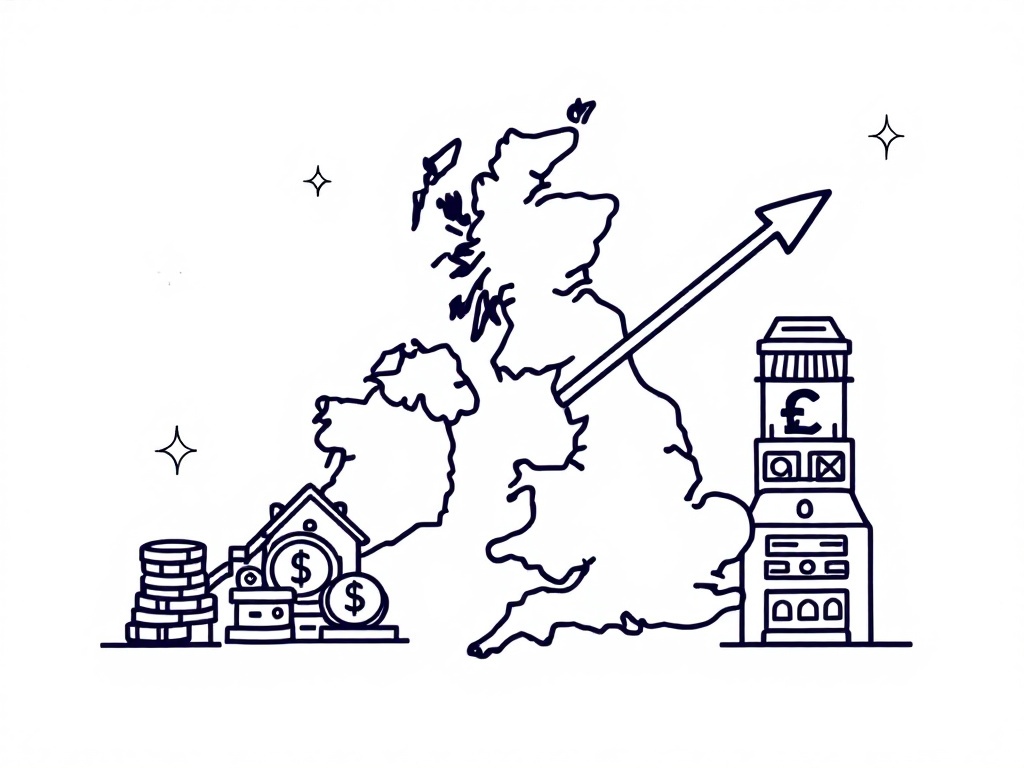UK Businesses Witness Largest Employment Decline Since 2021

London, Friday, 5 September 2025.
The Bank of England reports UK firms have cut jobs at the fastest rate in nearly four years, raising economic concerns despite expected slower wage growth.
Employment Decline: A Deep Dive
In the three months leading up to August 2025, UK companies reduced employment by an annual rate of 0.5%, marking the steepest decline since the third quarter of 2021. This downturn is largely attributed to the increased employer national insurance contributions introduced in April, which prompted many businesses to scale back their workforce to manage rising costs [1].
Wage Growth and Inflation Outlook
Despite the employment decline, businesses expect wage growth to decelerate to 3.6% over the coming year, down from 4.6% in the past 12 months. This is the joint-lowest growth rate since the Bank of England began tracking this data in May 2022. However, the anticipated slowdown in wage growth is not expected to significantly lower inflation, which remains a persistent concern for policymakers [1][2].
Inflation and Economic Pressures
The Bank of England forecasts inflation to rise to 4% in September 2025, a troubling sign as it remains well above the 2% target. The inflationary pressures are compounded by structural economic changes and supply weaknesses, which continue to keep prices high despite falling employment levels [1][3].
Broader Economic Implications
The reduction in employment and persistent inflation highlight broader economic challenges facing the UK. With the construction sector in its longest slump since 2020 and ongoing cost pressures, the economic outlook remains cautious. Policymakers are divided on how quickly inflation will return to target and whether further interest rate cuts are necessary following the recent quarter-point reduction to 4% [2][4].